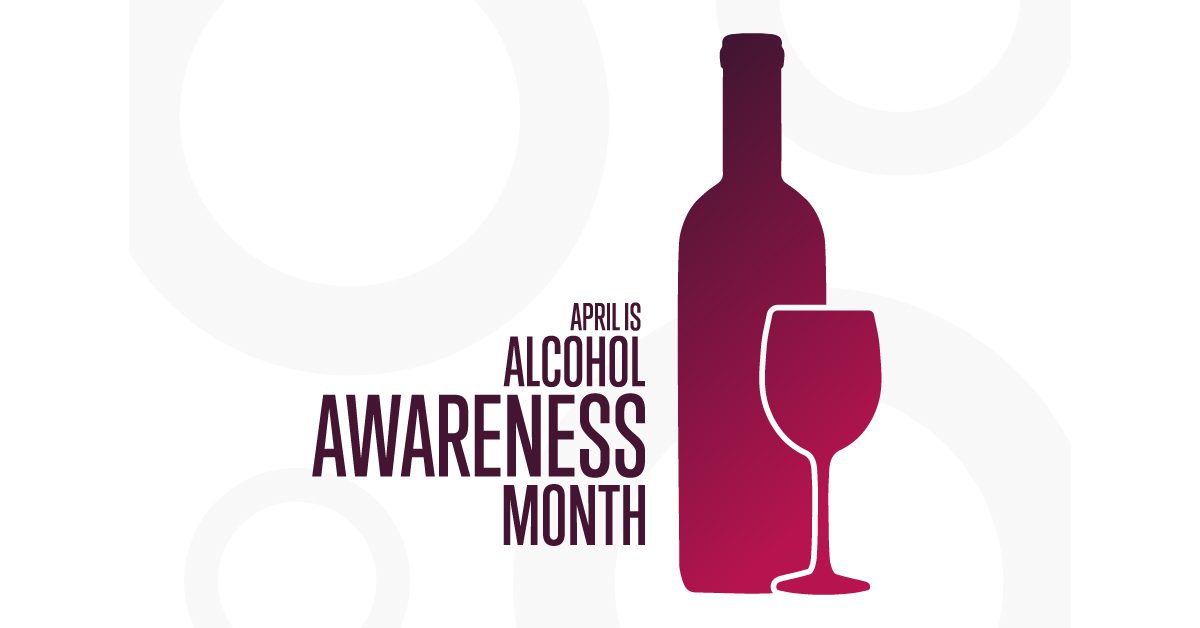
Observed every April, Alcohol Awareness Month is meant to raise awareness about alcohol use and break the stigma by discussing how alcohol-use disorders affect individuals, families and communities. This year is especially critical as COVID-19 restrictions and stress can increase your susceptibility to substance misuse, addiction and relapse. In fact, alcohol sales in the United States have grown nearly 30% in the last year.
Alcohol abuse can affect both your personal and professional life. Prolonged drinking puts you at risk for developing serious health complications—such as high blood pressure, heart disease, liver disease and stroke— and can trigger other life-threatening consequences.
Know the Warning Signs
Alcohol use disorder can be mild, moderate or severe, based on the number of symptoms you experience. Keep in mind that symptoms often occur at the same time.
This article is intended for informational purposes only and is not intended to be exhaustive, nor should any discussion or opinions be construed as professional advice. Readers should contact a health professional for appropriate advice. © 2021 Zywave, Inc. All rights reserved.
Common physical and behavioral signs and symptoms of alcohol misuse include the following:
- Feeling irritable or experiencing mood swings
- Having poor coordination
- Showing signs of slurred speech
- Experiencing blackouts or short-term memory loss
- Isolating from friends and family
- Failing to complete responsibilities and obligations at home or work
- Drinking alone or in secrecy
- Making excuses for drinking, such as to relax or deal with stress
- Engaging in risky behavior, such as drunk driving
Alcohol use disorder can include both periods of alcohol intoxication and withdrawal symptoms—such as sweating, shaking and nausea.
If you or a loved one are concerned about alcohol use, talk to a doctor or use the Substance Abuse and Mental Health Services Administration’s (SAMHSA) National Helpline by calling 800-662-HELP (4357).
